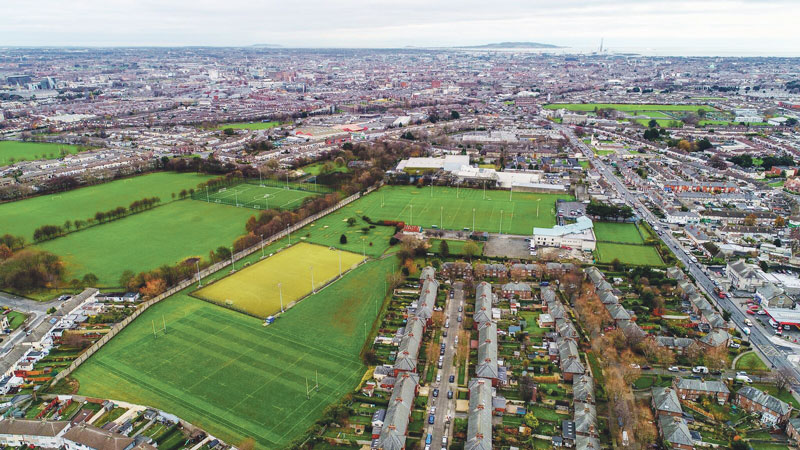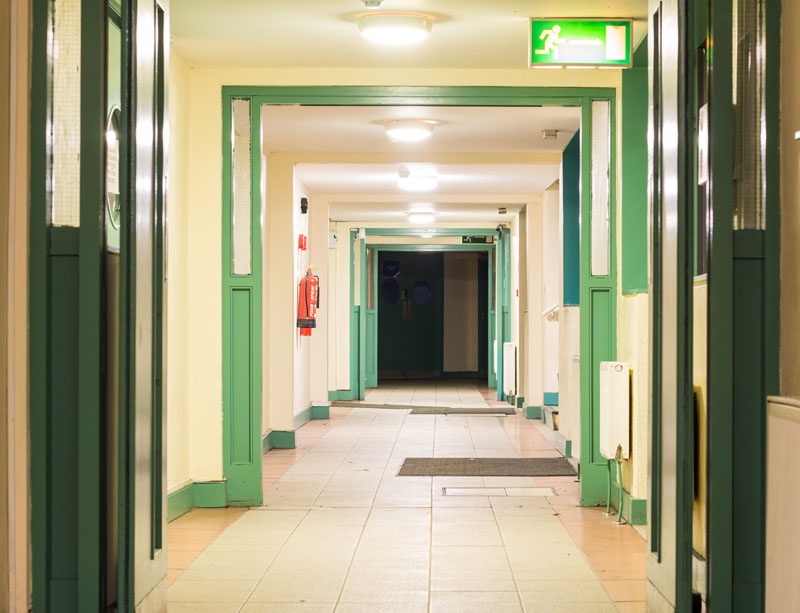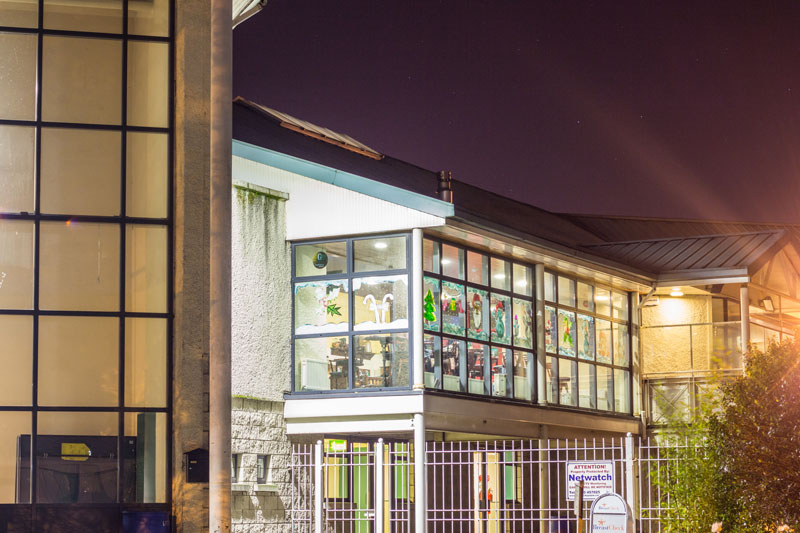They say that good things come to those who wait. The athletes of Trinity’s sports clubs will certainly be hoping so, after the College finally announced the acquisition of the Iveagh Grounds sporting facility last week.
It was reported in this paper that the three-year negotiating process was slowed down by poor communicative structures and ambiguity, among a multitude of complaints harboured by the current occupant of the property, the Guinness Athletic Union (GAU), which has occupied Iveagh Grounds since the 1920s. However, few in Trinity will be worried now about the protracted and arduous road taken by the College. Rather, students and sports clubs will be expecting bang for Trinity’s buck, after a deal that cost the College close to €2 million, according to Trinity’s Chief Financial Officer, Ian Mathews.
On the surface, the acquisition of the property, which encompasses some 17 acres, is a godsend for Trinity, which has been famously starved of space for sporting activity. Combined with the limited capacity of College Park and the 34-acre Santry Sports Grounds, the College now has a combined total of over 50 acres worth of sporting amenities at its disposal.
The facility boasts a myriad of pitches and playing surfaces, catering to various disciplines including hockey, rugby, soccer, GAA, tennis, pitch and putt, and bowls. Also contained within the facility is a spacious clubhouse bar, which will be controlled by the GAU under a 20-year licence as agreed by Trinity. So far, then, so good.
However, as with most things in life – and especially in Trinity– things are never quite so simple. The College has refused to announce many of its plans for the facility, with Trinity Press Officer Caoimhe Ní Lochlainn stating in an email to The University Times in November that “development plans for the new sports facility will be put in place post-acquisition”. It has been suggested that the College may look to convert some of the grass pitches at Iveagh into all-weather surfaces, though this remains to be seen.

Sports clubs affiliated to the GAU, which are currently using the facility include St James Gaels GAA Club, Guinness Ladies Hockey Club, Guinness Rugby Club and St James’s Gate Football Club, among others. These clubs used to have their costs covered by Diageo, the previous owners of the facility, who inherited the property in 1997. This was despite a lease, which set at £40,000 per annum the rent to be paid by the GAU to the owner of the facility, Diageo. Under Trinity’s ownership, the GAU will receive preferential rates for the continued use of the facility, with the overall figure charged of the GAU by Trinity for use of the clubhouse and pitches coming to well over €200,000.
Although Trinity purchased the grounds from Diageo, it was in talks with the GAU that the College encountered most of its stumbling blocks. An obvious example is the hockey pitch at Iveagh Grounds, which is currently in use by Guinness Ladies Hockey Club, despite its state of disrepair. Trinity has committed to putting in place measures with which to bring the pitch into a playable condition, primarily for training purposes. As Dublin University Ladies Hockey Club (DULHC) play in the EYHL, the sand-based pitch will not be up to the standard demanded in the top division of Irish hockey and will not be used for EYHL matches. Guinness ply their trade several divisions below Trinity.
The acquisition of the Iveagh Grounds was a big part of the Raising Our Game programme, the brainchild of Head of Trinity Sport Michelle Tanner. The programme is aimed at improving Trinity’s sporting performance, with the acquisition and improvement of sporting facilities a big part of that. So far, Trinity Sport has renovated pitches on Santry Avenue, as well as revamping the gym in the Sports Centre over the summer. The acquisition of Iveagh Grounds is yet another arrow in this particular quiver.
They say good things come to those who wait. Frankly, that remains to be seen
One of Trinity’s chief attractions for students down the years has been the abundance of facilities on its doorstep, granted by virtue of the College’s city-centre location. Ironically, it is that same location that has limited the development of Trinity’s sporting identity. Decentralising the College’s sporting facilities therefore became one of the core objectives of the Raising our Game project. Further development is expected in Oisín House, Trinity’s planned 250-bed accommodation complex, which will house squash courts with moveable walls, as well as providing Dublin University Rifle Club (DURC) with a new 25-metre rifle range. Due to planning objections, some proposals have been scaled back, but the complex represents another leap forward for sport in Trinity.
The GAA, rugby and hockey clubs should be particularly happy at the deal’s eventual completion, with each team now having a new pitch to play on, in what is another big win for three of the College’s four assigned “focus sports” (GAA, hockey, rugby and rowing). Aside from the GAA, rugby and hockey pitches, Trinity will also acquire a bowling green. The green was a major bone of contention between Trinity and GAU during the negotiations, with the GAU feeling that it was unfair to charge for the whole green when it only uses individual rinks for games.

Documents seen by The University Times in November illustrated the annual cost of €82,840 being charged by Trinity for the GAU’s continued use of the green. Nevertheless, for any student who has always dreamt of starting a Trinity bowls team, now would seem an opportune time to do so.
Talks on the deal were fraught with difficulties, despite assurances from Trinity Sport, some as early as February, to The University Times that an agreement was on the horizon. The conclusion of the long and arduous negotiations has been universally welcomed by all those involved with Trinity Sport. Limited room for expansion has always restricted the College’s sporting teams’ ability to compete with the big boys of college sport and attract top-tier talent.
However, this deal should have been completed long ago, granting Trinity’s clubs access to much-needed facilities. Instead, progress was held up by Trinity’s baffling reluctance to provide the GAU with the information it needed to plan for its survival, as well as a refusal to directly negotiate with the GAU.
Worryingly, dark skies remain on the horizon, as the remnants of bad feeling left over from hot-tempered negotiations threaten to spill over while Trinity tries to build a working relationship with the historic club. Chairman of the GAU, Eddie Tyrell, told The University Times on Wednesday that “everything is not going to plan”. A deterioration in relations can only have a negative impact on Trinity students, who have waited patiently to see the completion of the deal.
They say good things come to those who wait. Frankly, that remains to be seen.







